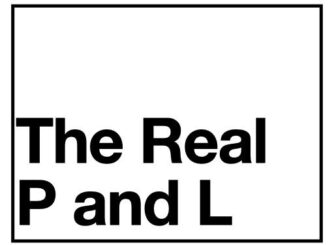Part of the reason why I started this blog was to become a more effective communicator. We’ve all been told the importance of communicating through writing and speech. These are two skills I’m trying to actively improve. Over the past 6 months, I’ve come across three helpful tips to improve my writing.
Brevity.
There was a Twitter thread asking the easiest way to become a better writer. The most common response was to cut words. The goal should be to communicate your point in the least number of words. I’m no longer trying to get to the 10 page minimum on a Macbeth essay for my 7th grade English class. Spare your readers the time and take out unnecessary words.
Rewrite.
I saw another helpful tip that a first draft is exactly that, a draft. That should be your starting point to get your ideas down. It was recommended to write a draft, wait a day, and then rewrite it from memory. What you are reading now is my second attempt. The thought is that you’ll only remember the important parts from your first draft and anything you don’t remember isn’t worth getting across to your audience. Remember, brevity.
“Best Story Wins” – Morgan Housel
The best or smartest idea doesn’t always win, it is the idea that provides the most compelling story. C. R. Hallpike is an anthropologist who wrote the following review on a book about the history of humans:
“It would be fair to say that whenever his facts are broadly correct they are not new, and whenever he tries to strike out on his own he often gets things wrong, sometimes seriously … [It is not] a contribution to knowledge.”
Not a glowing review. Who would want to read something that doesn’t provide any new insights? Well, over 27 million people did want to read this book. This review was written about the outrageously successful book, Sapiens, by Yuval Noah Harari. Harari even had this quote about his book, “I thought, ‘This is so banal!’ … There is absolutely nothing there that is new. I’m not an archeologist. I’m not a primatologist. I mean, I did zero new research. . . . It was really reading the kind of common knowledge and just presenting it in a new way.”
He even admits there is no new knowledge in this book. The key was he told the most compelling story. There is a reason why Sapiens was a New York Times bestseller and not a 1,000 page dense textbook on the history of humans. Both had the same information, but the way the information was communicated was drastically different. Housel goes on to call out others who get the attention because they tell the most compelling story. Why do we all know who Elon Musk is, but we can’t name the current CEOs of Ford, GM, Volkswagen, etc.? Musk is a compelling figure that knows how to tell a story.
Housel has another beautiful line in his piece, “When a topic is complex, stories are like leverage.” Leverage enables greater potential with less effort. Why is “Explain like I’m five” one of the most popular destinations on Reddit? Users take complex subjects and break them down so a five-year-old could understand them. Usually, an analogy is used to explain a complex idea in basic terms. You don’t need to be the first one to say something, you can have as much influence by communicating the idea in a way that resonates with people.
In summary, here are three things I’ve picked up on how to become a better writer.
- Brevity.
- Rewrite.
- Best Story Wins.
Peace and Love.

Love this one